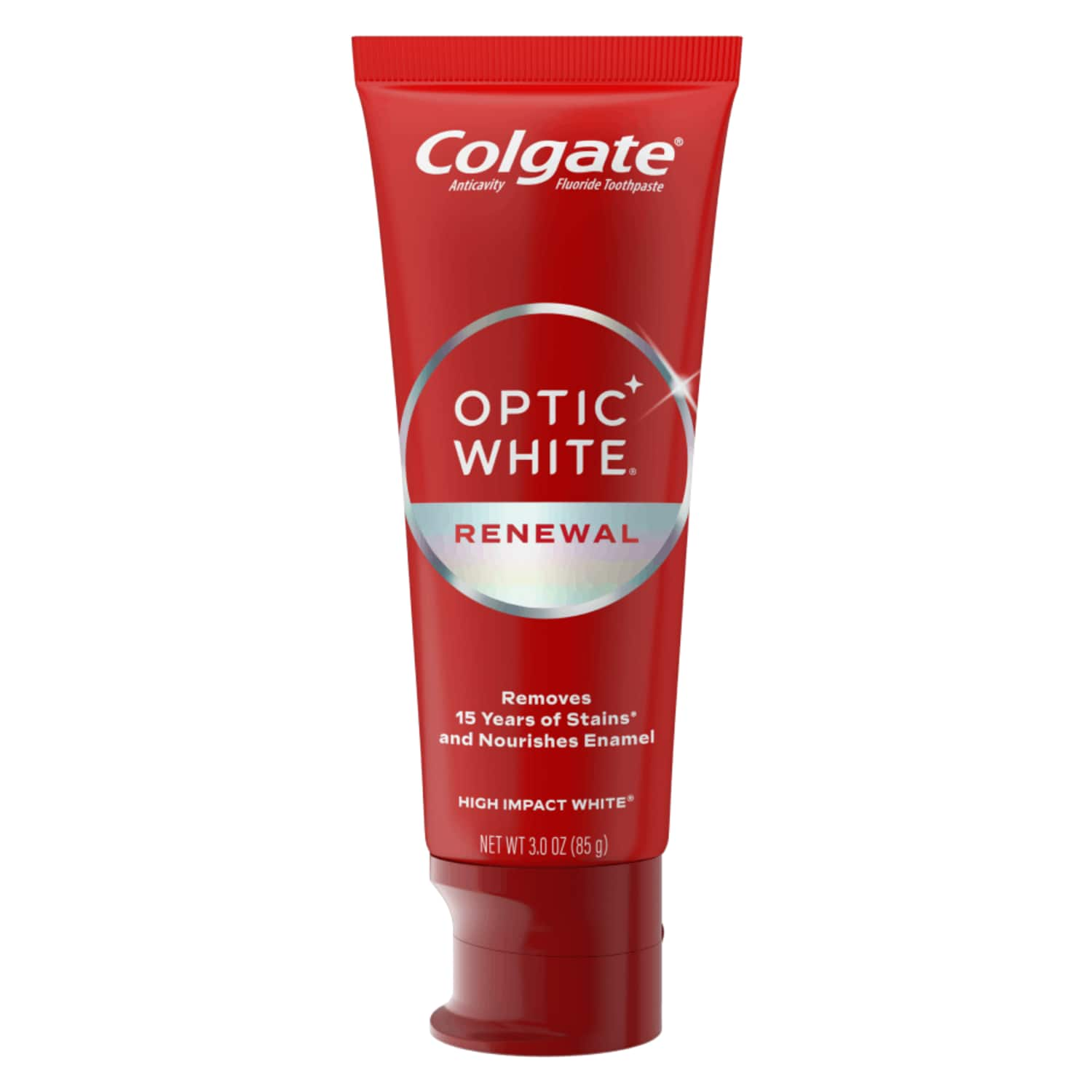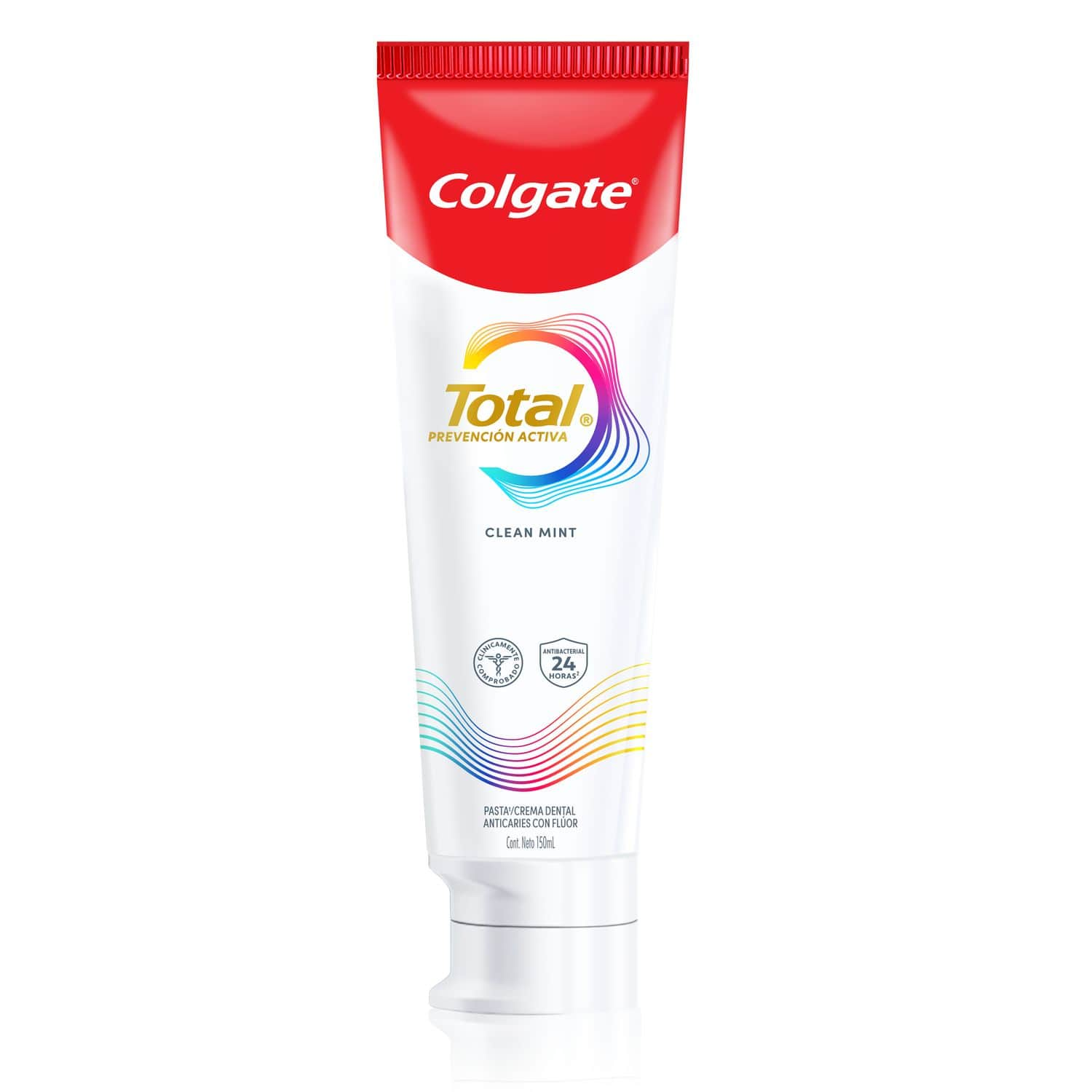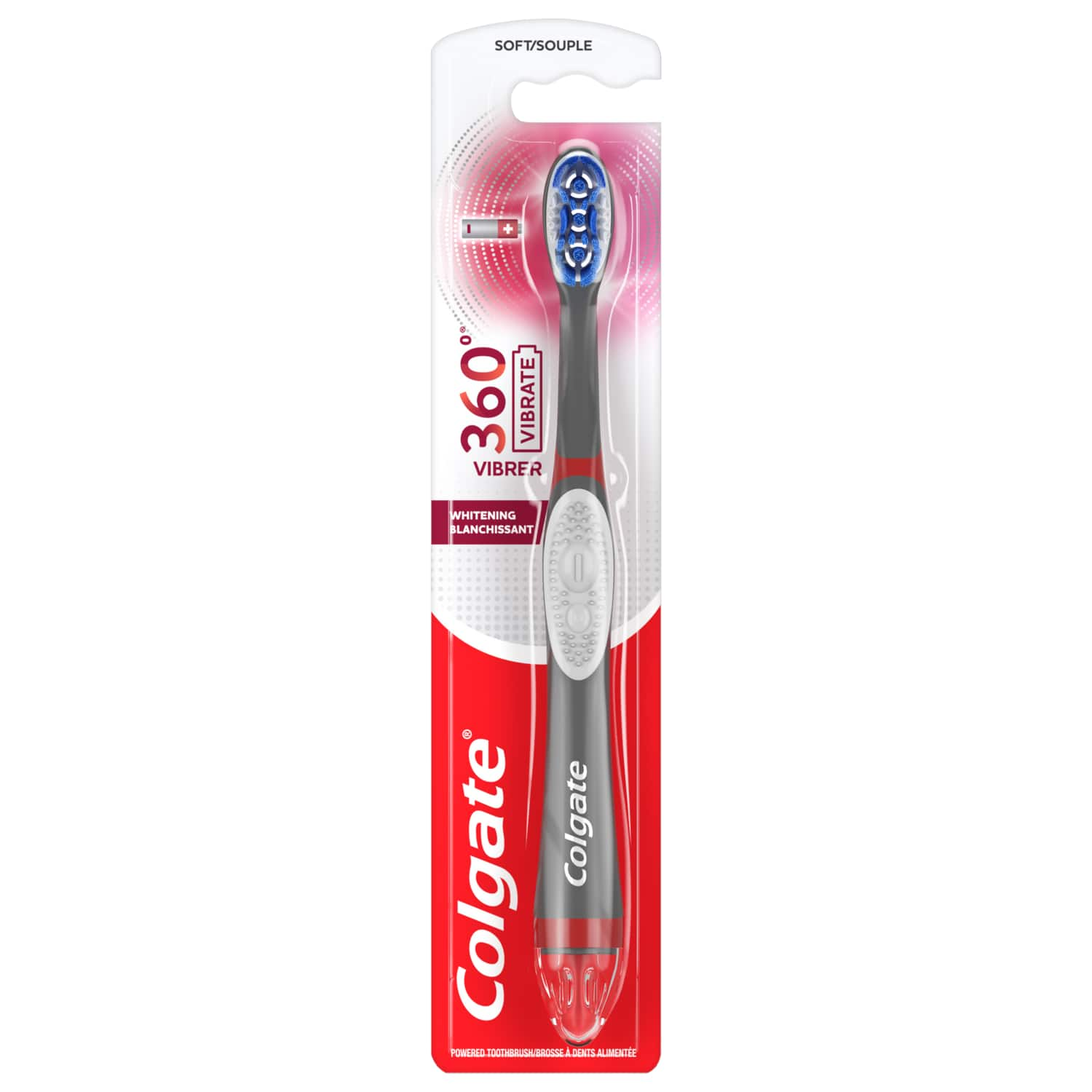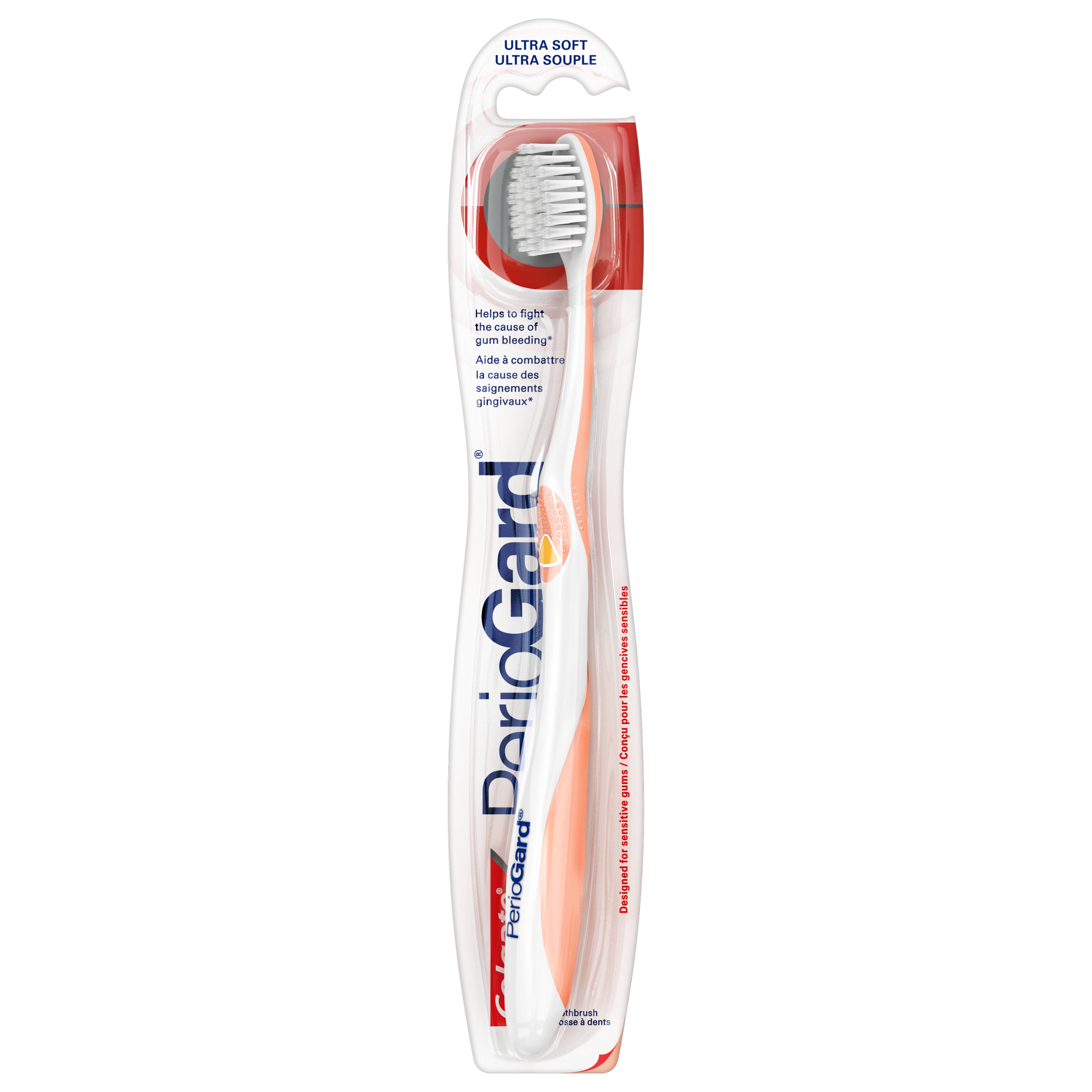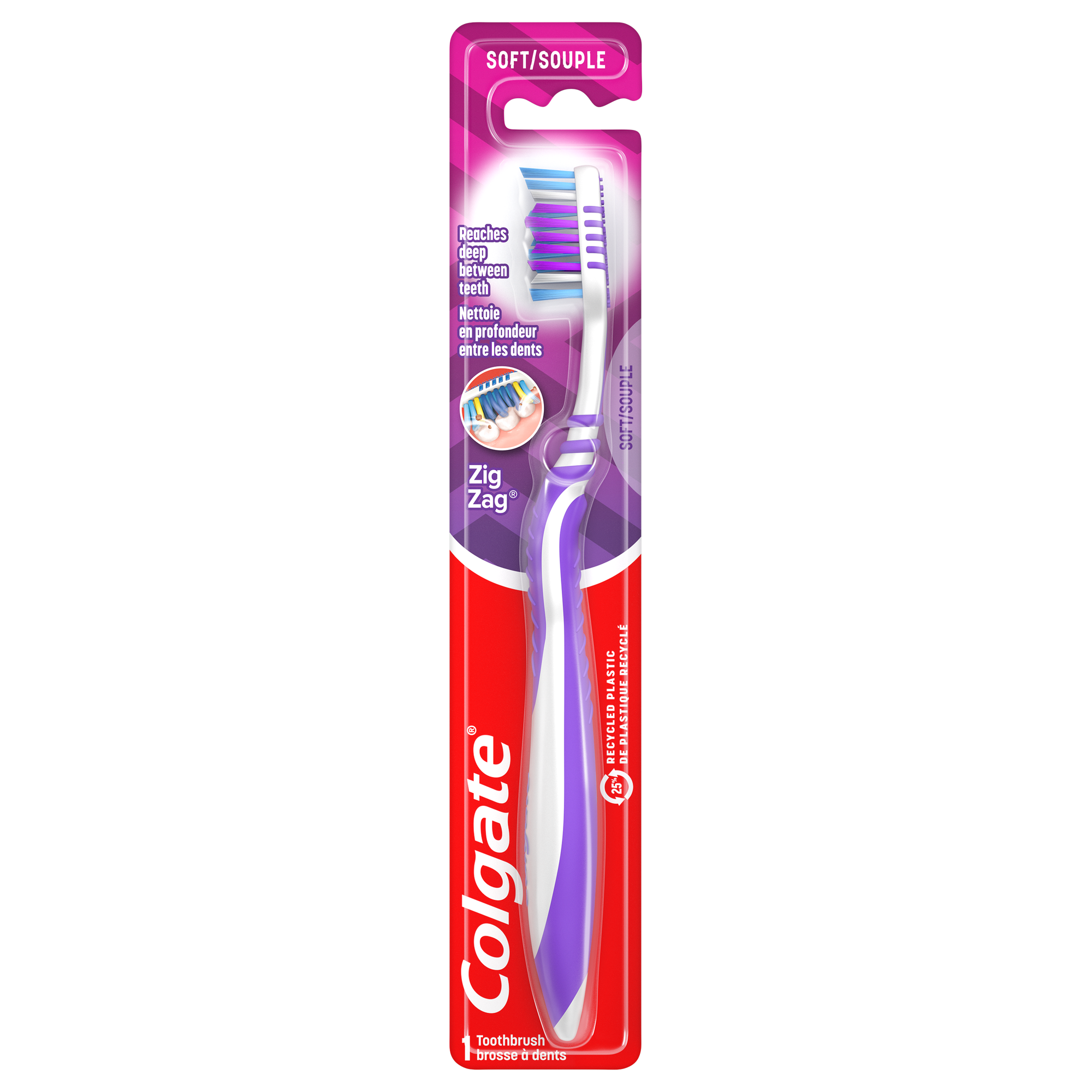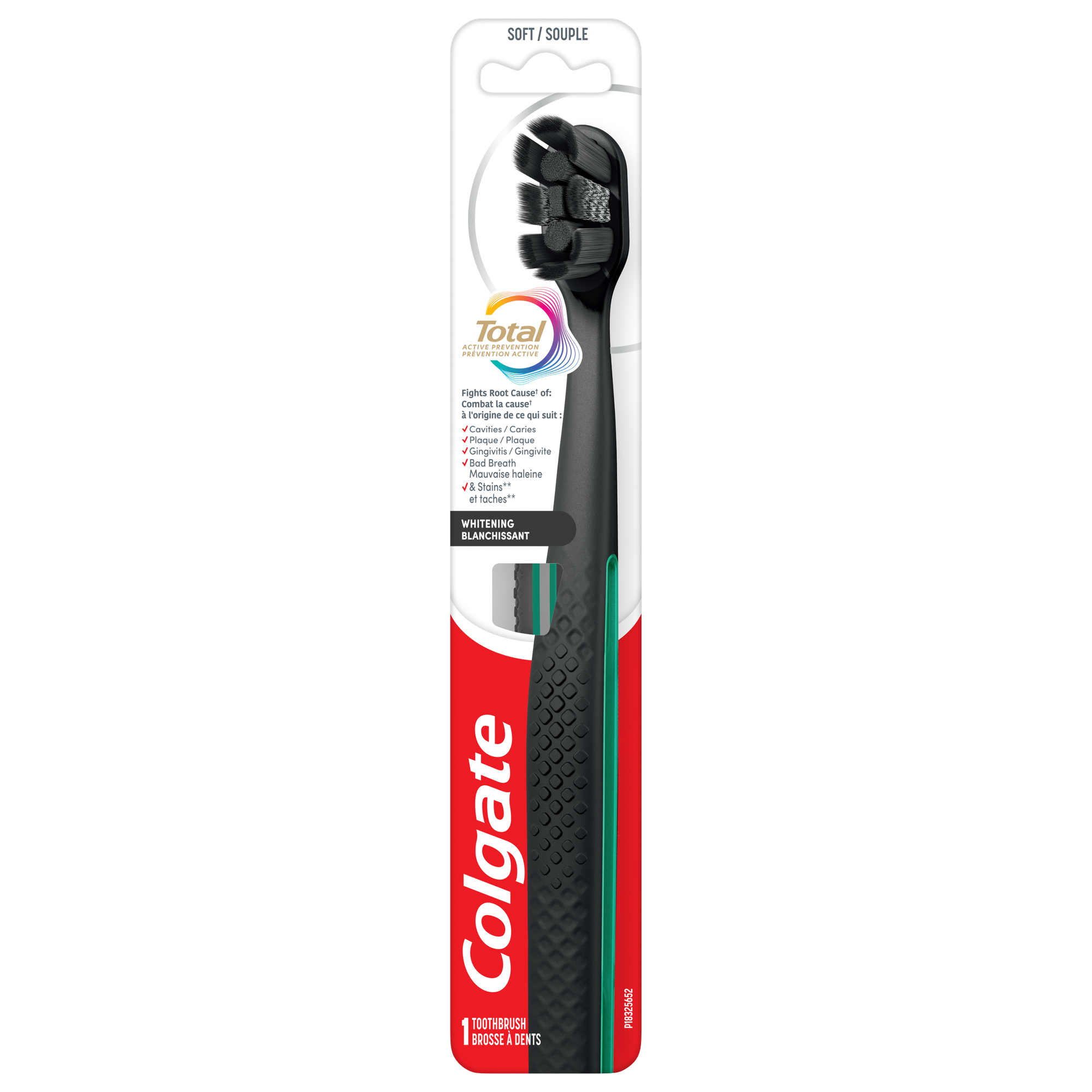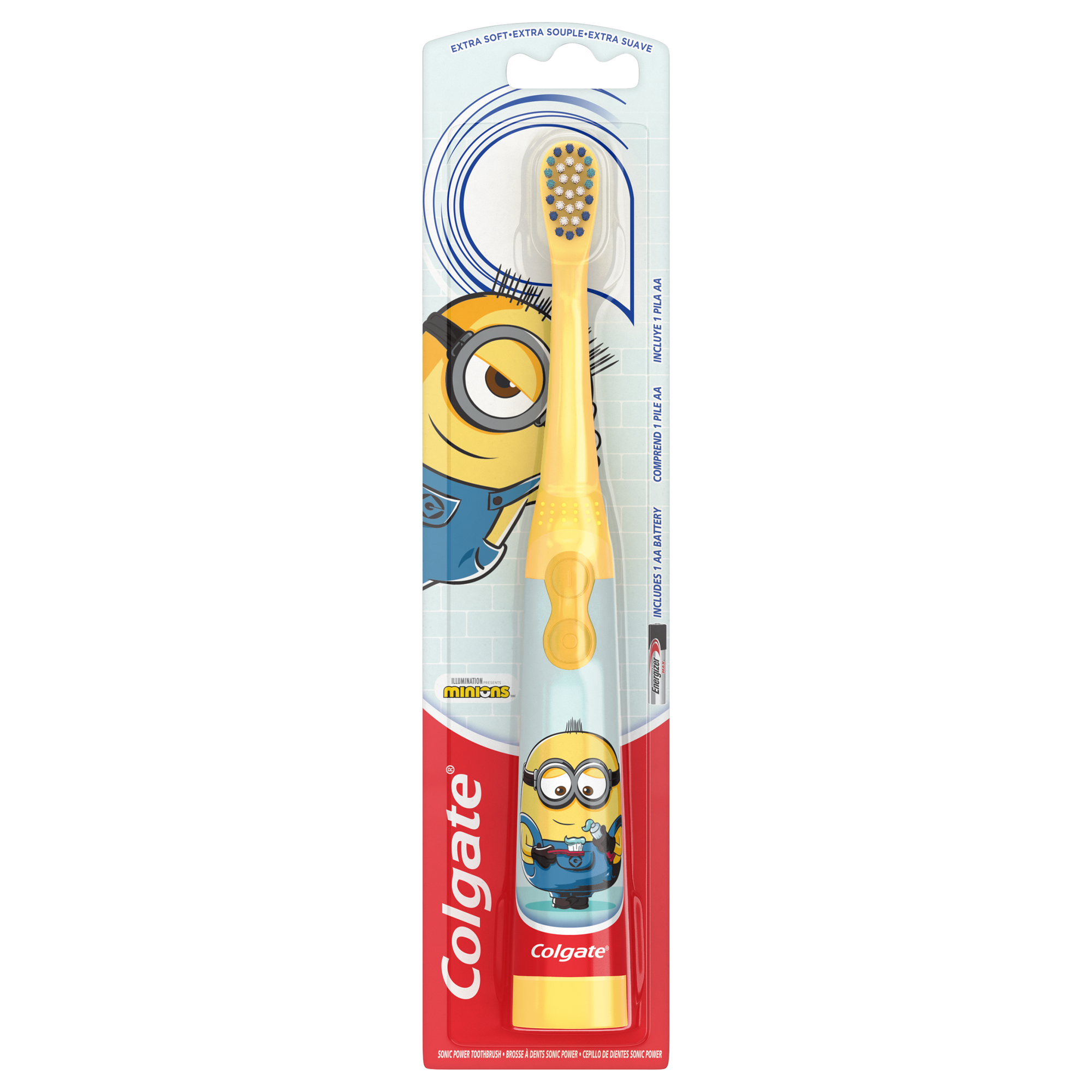-
-

TOOTH SENSITIVITY
What Causes Tooth Sensitivity & How to Treat ItIf you avoid eating cold foods or drinking hot beverages because your teeth are sensitive, it may be time to get...

NUTRITION ORAL HEALTH
How To Limit The Effects Of Sugar On TeethCookies, cakes, candies and sodas – everywhere you go, there are sugary treats to tempt you and your kids. The effects of sugar...
-
Science & Innovation
- ORAL HEALTH CHECK
- PRODUCT MATCH
- Colgate® | Toothpaste, Toothbrushes & Oral Care Resources
- Oral Health
- How Long Do Veneers Last?


Made of a thin material that covers each tooth, veneers are a great option for those looking to restore their naturally beautiful smile. Whether it's decay, staining or an uneven bite, these porcelain coverings make quick work of getting the appearance you want.
Damaging them, however, can be just as quick if you're not careful. Although they may be made of cemented dental materials, veneers aren't indestructible. With that in mind, how long do veneers last? The answer depends heavily upon how you care for them. Consider the daily habits that could be affecting your veneers, and you'll be able to extend their wear.
Permanent Fix?
Porcelain veneers are generally sturdy and should last between 10 and 15 years with proper care. Depending on the type of wear or damage they incur, veneers may need cosmetic repair or full replacement. It's up to the wearer to protect them in order to increase their lifespan.
What kinds of habits can shorten the life of your veneers? As a matter of fact, the same ones that can damage your natural teeth. Veneers can chip and crack like natural teeth, so biting down on hard foods – such as ice and hard foods – as well as inedible items can result in a damaged surface. Veneers are capable of staining as well, so it is advised not to smoke nor consume caffeine to keep them closer to your natural tooth colour.
Making Them Last
There's not much you can do about the natural lifespan of veneers because they aren't meant to be a permanent, maintenance-free fix. Nonetheless, you can get the most out of your veneers by making sure you treat them well. After all, veneers can be a significant investment in your dental health, so making sure they last gives you your money's worth. Here are some ways to properly care for your veneers:
Follow good oral hygiene practices. Cleaning your mouth is a must in order to avoid stains and keep your natural teeth healthy too. Brush at least twice a day and maintain good oral hygiene. Don't forget to floss and make sure you see your dentist for semi-annual checkups and cleanings.
Wear oral protection. Playing a contact sport? Make sure you have a mouth guard. Impact to the face can easily result in cracked or chipped veneers, so it's worth taking the time to protect them before a big game.
Don't use teeth as tools. Everyone's guilty of using teeth in lieu of scissors or to loosen a knot, but it's one of the most dangerous habits when it comes to the integrity of your teeth. Not only does it invite germs, but it's a surefire way to chip a veneer, ending its lifespan early.
Address teeth-grinding. Do you grind or clench your teeth when you sleep? It's called bruxism and if you're getting veneers, you should talk to your dentist about it. Allowing it to go unchecked may not result in cracked veneers, but they typically don't last as long, and the fix could be as simple as a nighttime mouth guard.
Veneers could be the best method for the smile you're craving, but they still need proper care. Using them as an excuse to skip out on basic oral hygiene could mean expensive repairs or surfaces that show wear long before their time. How long do veneers last? Treat them with care, and you'll realize over a decade of use.
Learn more about dental veneers in the Colgate Oral Care resources.
Related Articles

Do cavity fillings hurt? They shouldn't, although you can expect some tenderness and soreness during the first few days after you get a tooth filled.


If your child has a cavity on the front tooth or you have one yourself, you may be wondering why it happened and how your dentist might treat it.
Related Products

Helping dental professionals
More professionals across the world trust Colgate. Find resources, products, and information to give your patients a healthier future

